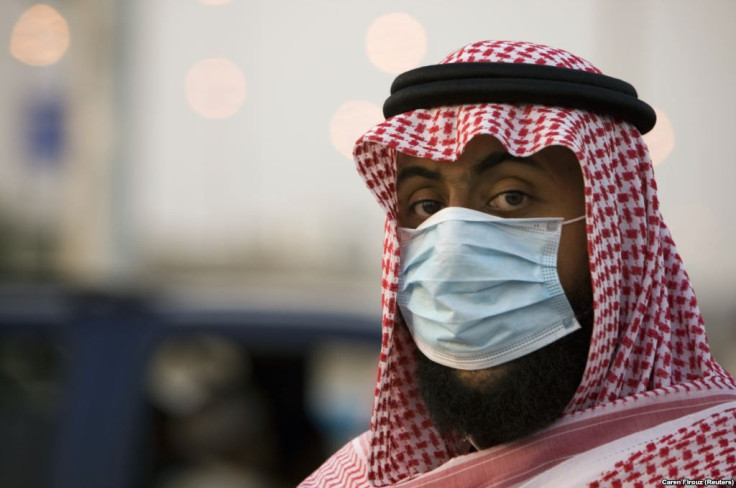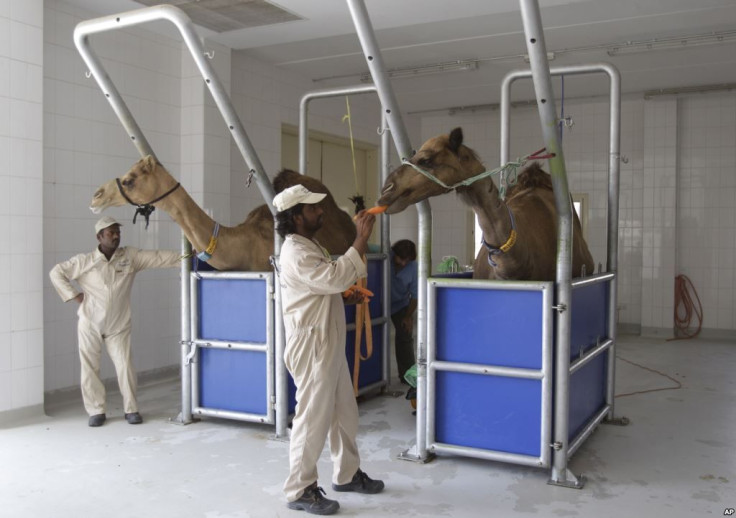Spain Confirms First MERS Case; World Health Organization Officials Recommend Vigilance But Not Travel Restrictions

Spain’s health ministry says the country documented its first case of Middle East respiratory syndrome (MERS) late this week in Madrid.
A Moroccan-born Spanish resident was hospitalized in the capital city after visiting Saudi Arabia in October, where she was diagnosed with pneumonia. The woman is expected to recover from her illness and poses no threat to public health, the government said Thursday.
The World Health Organization (WHO) also confirmed this week a second case from Saudi Arabia. A 56-year-old woman with underlying medical conditions died Oct. 30, several days after falling ill. Although reporting no exposure to animals possibly spreading the disease, she had contact with a patient previously diagnosed with MERS.

Since last September, 64 people have died in a total of 150 cases of the emergent infectious disease, which may have spread by camels and other animals. Most patients infected by MERS-Cov — as the disease is known technically — have developed severe acute respiratory illness, with fever, cough, and shortness of breath. Thus far, infections have appeared only in countries linked to Saudi Arabia and neighboring countries. Although no infections have been reported in the United States, France has reported two cases and Italy one.
“Based on the current situation and available information, WHO encourages all member states to continue their surveillance for severe acute respiratory infections and to carefully review any unusual patterns,” WHO officials said Thursday in a statement. “Healthcare providers are advised to maintain vigilance.”
Any travelers from the Middle East developing severe acute respiratory infections should be tested for MERS, WHO advised. Moreover, hospitals and other healthcare facilities should exercise extreme care in preventing and controlling infections, given the highly contagious nature of the disease and possibility of transmitting infections to hospital workers.
Thus far, patients diagnosed with MERS have suffered respiratory disease as their primary illness. Other less common complications reported among patients are diarrhea, renal failure, and acute respiratory distress syndrome with shock. However, WHO officials stress the possibility that immunocompromised patients might present doctors with atypical symptoms and signs of the disease.
Although extremely dangerous, the disease remains rare. WHO officials told member states this week do not recommend special screenings for MERS at airports and borders, nor do they recommend placing travel or trade restrictions on Saudi Arabia and other Arabian Peninsula nations. “The conditions for a ‘public health emergency of international concern’ have not at present been met,” officials said.
Officials from the U.S. Centers for Disease Control and Prevention report that the institution is continuing to investigate the emergent disease.
Published by Medicaldaily.com



























